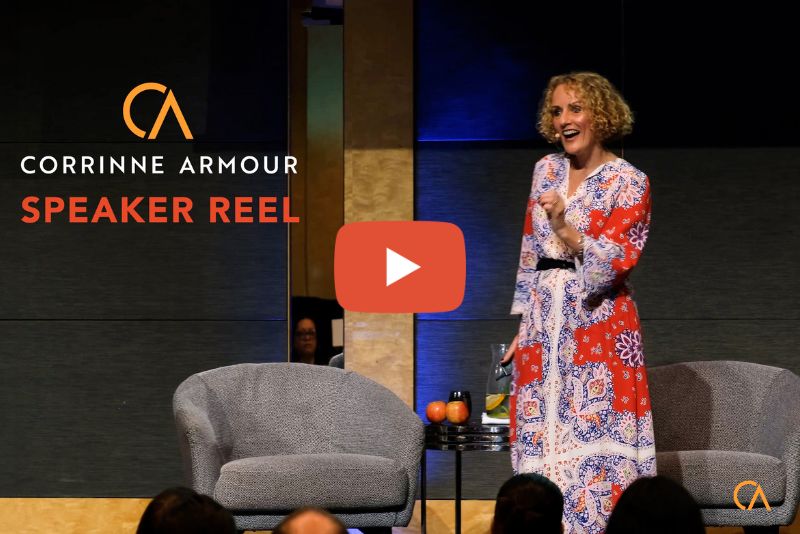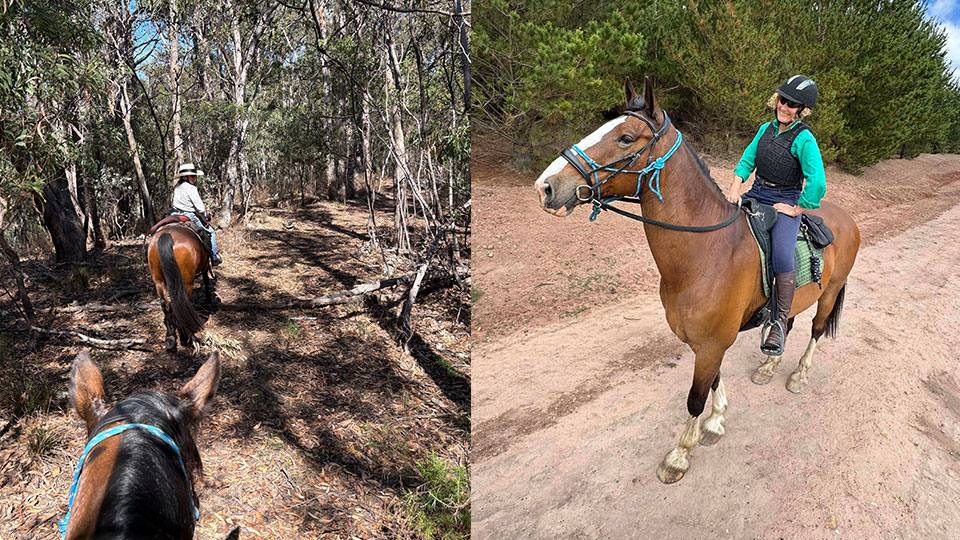
There’s lots going on… You want to help your people develop – quickly. Sometimes expediency gets in the way of impact.
Are you pausing to assess the context when you provide commentary or offer feedback? The context can be anything in the environment that could potentially influence the developmental outcome:
- team, organisational and even sector culture
- leadership style – yours and theirs
- trust levels and current working relationships
- events in their life outside work (and in yours)
- financial constraints and organisational priorities
- external political, social and technological landscape
Tuning into the context will help you refine your approach the conversation.
Gail’s performance has dropped over the past three months, and team milestones are being missed. How would you approach this situation? And how might your approach shift if you learned that her husband has just ended their nine-year marriage, leaving her with the two children?
Over the last six months, Wai-Ling has become increasingly distant, sometimes negative. It’s probably time for a change – she has been in this role now for five years – and you decide to talk to her about the impact her jadedness is having on her peers. What considerations have you given to context – other than your initial assessment of time in the role? Turns out, she has received a cancer diagnosis and hasn’t wanted to share that with her colleagues. Knowing this additional context would probably cause you to alter your approach.
What shifts did you notice for yourself as you learned more about the context? How might you approach each version of the conversation?
Ways to build your awareness of the context include:
- Notice the key influences, dynamics and relationships at play
- Consider what is happening in the wider organisation and/or the industry that could be impacting on this situation
- Look for patterns (eg trends in behaviour or results)
- Reflect on your relationship and how this might impact on the dynamics within the conversation
- Remain open to what else might be impacting the person’s personal context (eg pressures outside the workplace)
- Ask open questions and remaining curious
Pausing to consciously take in the context – beyond the immediate – will help you offer more targeted and effective feedback, challenge and support.
Go Fearlessly – Corrinne
STAY IN THE LOOP
Subscribe to our blog.
Exciting. Intimidating. Challenging. Encouraging. Discouraging. These are some of the emotions we face when we commit to mastering something new. The first time I gave a ‘speech’ was in my postgraduate year, presenting my research findings to fellow students and examiners. I was so nervous I felt sick. Afterwards, I felt proud of what I





